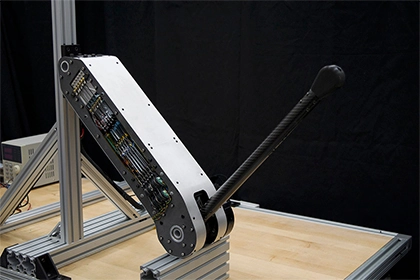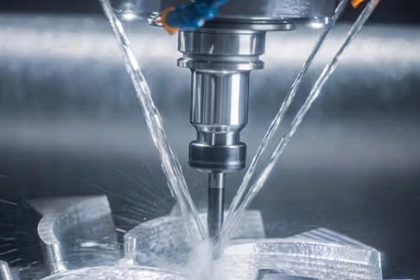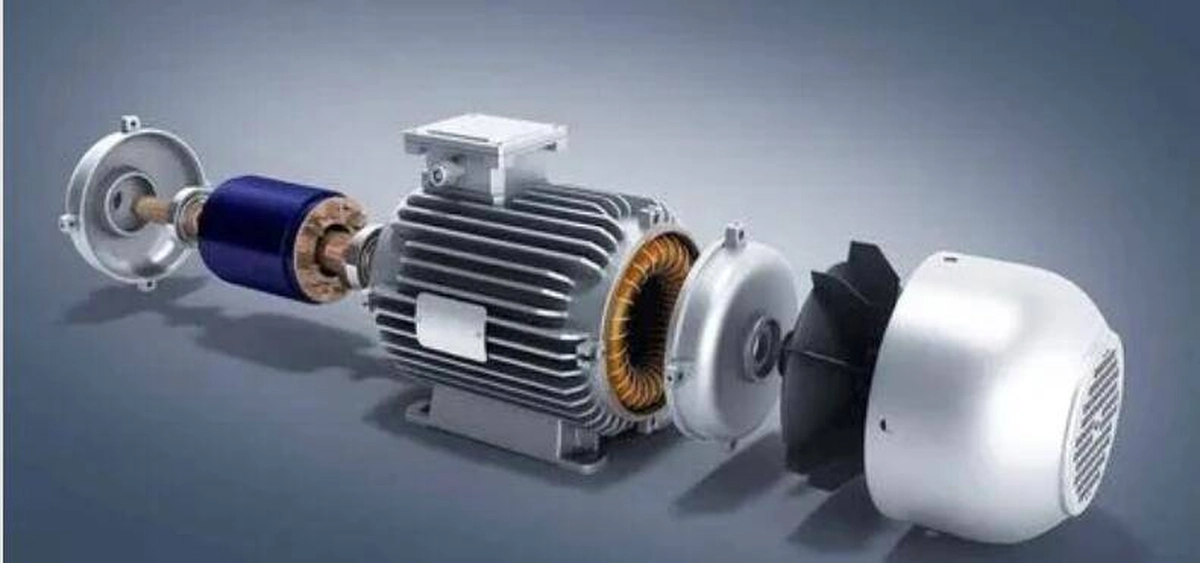- +86 19149417743
- Zhengzhou, Henan Province, China
- Mon-fri: 8am - 7pm
Get a quote
Operating Conditions: The operating environment can impact the lifespan of a servo motor. Factors such as temperature extremes, humidity, dust, vibrations, and corrosive substances can affect the motor's performance and longevity. Some servo motors are specifically designed to withstand harsh conditions and have protective features such as IP65 or IP67 ratings.
Workload: The workload or duty cycle that a servo motor experiences can influence its lifespan. Motors that operate continuously at high loads or undergo frequent and intense start-stop cycles may experience more stress and potentially have a shorter lifespan compared to motors operating under lighter loads or intermittent duty cycles.
Maintenance: Regular maintenance and servicing play a crucial role in extending the lifespan of a servo motor. Routine inspections, cleaning, lubrication, and timely replacement of worn-out components can help prevent issues and ensure optimal performance. Neglecting maintenance can lead to premature wear and failure.
Quality and Design: The quality and design of the servo motor also impact its lifespan. Motors from reputable manufacturers that adhere to stringent quality control standards and utilize reliable components tend to have better longevity compared to lower-quality or poorly designed motors.
 2024-08-30 16:01:40
Engineering
2024-08-30 16:01:40
Engineering
 2024-07-26 14:09:13
Engineering
2024-07-26 14:09:13
Engineering
 2024-07-18 09:42:00
Engineering
2024-07-18 09:42:00
Engineering